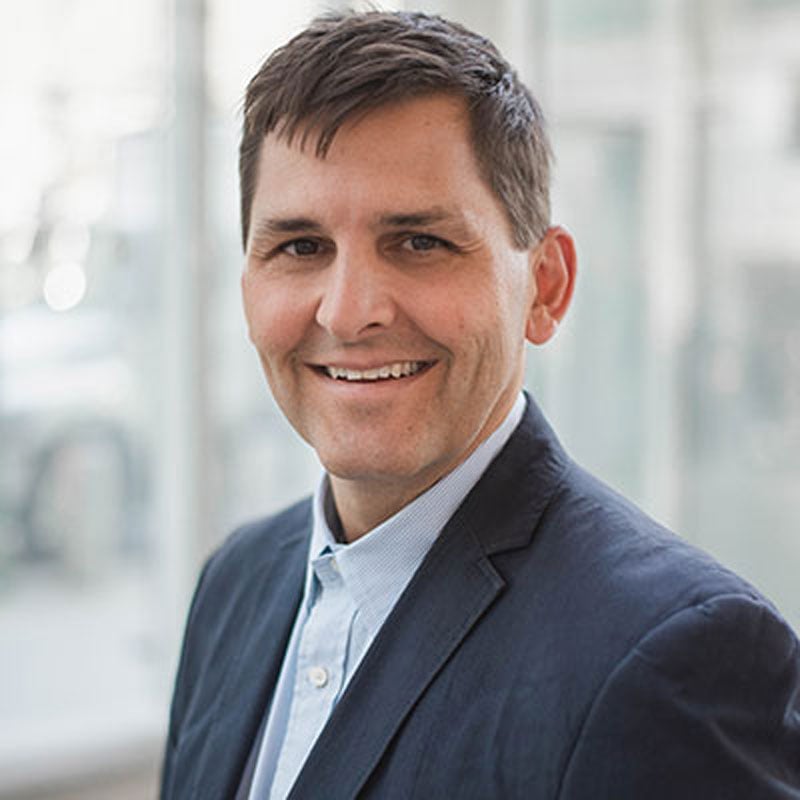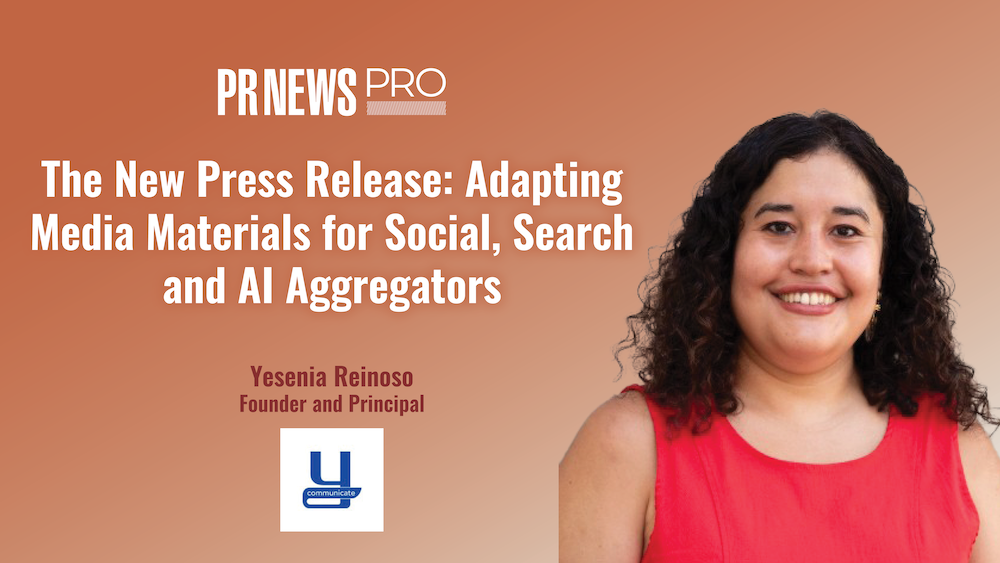AMERICANS are slowly beating back the uncertainty that hampered marketers after the Sept. 11 terrorist attacks, according to a recent survey conducted by DVC Worldwide and Harris Interactive.
“We were a little surprised that behaviors were getting back to normal at a quicker rate than we had expected,” says Sue Furlong, president-chief operating officer of Morristown, NJ-based DVC.
The biggest surprise is travel, which is on the rise, especially within the U.S. But it’s still not back to pre-Sept. 11 levels. That may be due more to financial concerns than safety worries — the biggest factor cited in DVC’s first survey last November. The May survey showed that safety concerns are down: Only 32 percent of consumers are less likely to fly for vacation, compared to 40 percent who expressed concern in November. The number of consumers likely to plan a hotel stay rose five percent.
DVC and Harris will do another survey this month or next.
Do Over
The first survey last November prompted DVC to rework one campaign with international travel prizes. “We actually stopped something that was on press, after a first check, right after Sept. 11,” Furlong recalls. “We had some programs in development that had international travel prizes and we quickly re-did those and focused domestically to capitalize on survey results reflecting consumers’ feelings that they wanted to spend time with friends and family nearby.”
The latest survey is the third wave in an ongoing series executed by Rochester, NY-based Harris Interactive and designed to gauge consumer attitudes.
“This research has a lot to do with the way we plan our clients’ programs,” says Furlong. “We can continually take a dipstick into the marketplace. [To create] integrated consumer behavior programs, we really need to know what’s going on out there. The research helps us shape, create and do a double-check on programs we’re creating for our clients — or if the programs are already in the marketplace, we use the results as a sort of reassurance or verification that what we are doing is correct.”
Surveys are conducted online every three or four months. Harris surveys about 2,000 U.S. adults and weights responses to be geographically and demographically representative of the total U.S. population.
“Harris has a sampling base pretty well set,” says DVC senior exec vp Jim Lustenader. “We like to do these surveys once every three or four months, and Harris guarantees us the same demographic and geographic representation every time.”
DVC asks people about their plans for the upcoming six to eight weeks. Results are good for about three or four months.
The May wave shows that consumers are beginning to believe the recession is over. Two-thirds of respondents say the U.S. economy has turned the corner: 53 percent believe “somewhat” that the recession is over, while 10 percent believe it “completely.” (That leaves 37 percent who don’t think it’s over yet — of that group, women outnumber men nearly two to one.)
Cheating executive officers?
“It will be interesting to see in the next survey how corporate issues, scandals, and the stock market affect the poll,” says Furlong. “Whether it’s overt or whether it’s in the way we write the copy or design the program, it’s something we should be thinking about.”
| Consumers are: | % more likely | % just as likely | % less likely | % does not apply | |
|---|---|---|---|---|---|
| Shop online | 8 | 67 | 15 | 9 | |
| financial services | 3 | 46 | 26 | 25 | |
| prescription drugs | 3 | 57 | 25 | 25 | |
| automobiles | 2 | 47 | 25 | 26 | |
| travel services | 8 | 60 | 17 | 15 | |
| groceries | 2 | 45 | 27 | 26 | |
| home furnishings | 3 | 51 | 24 | 22 | |
| Invest tax refunds | 8 | 51 | 23 | 18 | |
| Spend tax refunds | 13 | 62 | 12 | 13 | |
| Use tax refunds to reduce debt | 20 | 55 | 10 | 15 | |
| Save large portion of salary | 18 | 62 | 14 | 6 | |
| Increase life insurance | 14 | 58 | 17 | 12 | |
| Increase estate planning | 26 | 55 | 10 | 9 | |
| Buy pampering products | 15 | 67 | 10 | 7 | |
| Go to movies | 10 | 79 | 7 | 5 | |
| Eat out | 16 | 77 | 6 | 7 | |
| Source: DVC Worldwide | |||||
The May study also showed that consumers expect to keep a tight grip on their wallets in upcoming months. Despite continued incentives, they’re less likely to begin shopping for a new car, and less likely to buy a new home or “considered purchases” such as stereos, TVs, and major appliances. Personal pampering items are projected to remain stable.
“We were a little ahead of the data in the marketplace before actual industry figures vindicated the numbers,” says Furlong.
While working on a charity overlay, DVC staffers wondered if consumers still wanted to make donations (either directly or via purchase of a designated product). Harris data showed shoppers’ generosity “hadn’t waned very much at all, so we decided that we should go ahead with that charitable tie-in,” says Lustenader. A handful of packaged goods clients planning for 2003 have opted for a philanthropic overlay based on the research, he adds.
DVC also collects info (outside Harris’ surveys) on family worries during an unstable economy. Tracking shoppers’ concerns today helps shape promos for tomorrow.
“I think problems in the stock market are center-front at the moment, and it will impact the way we design programs,” says Furlong. “One of the key things consumers worry about today is their ability to pay for their children’s college tuition. Maybe we’ll keep that in mind and create a program in the future that uses tuition payments as a prize.”



